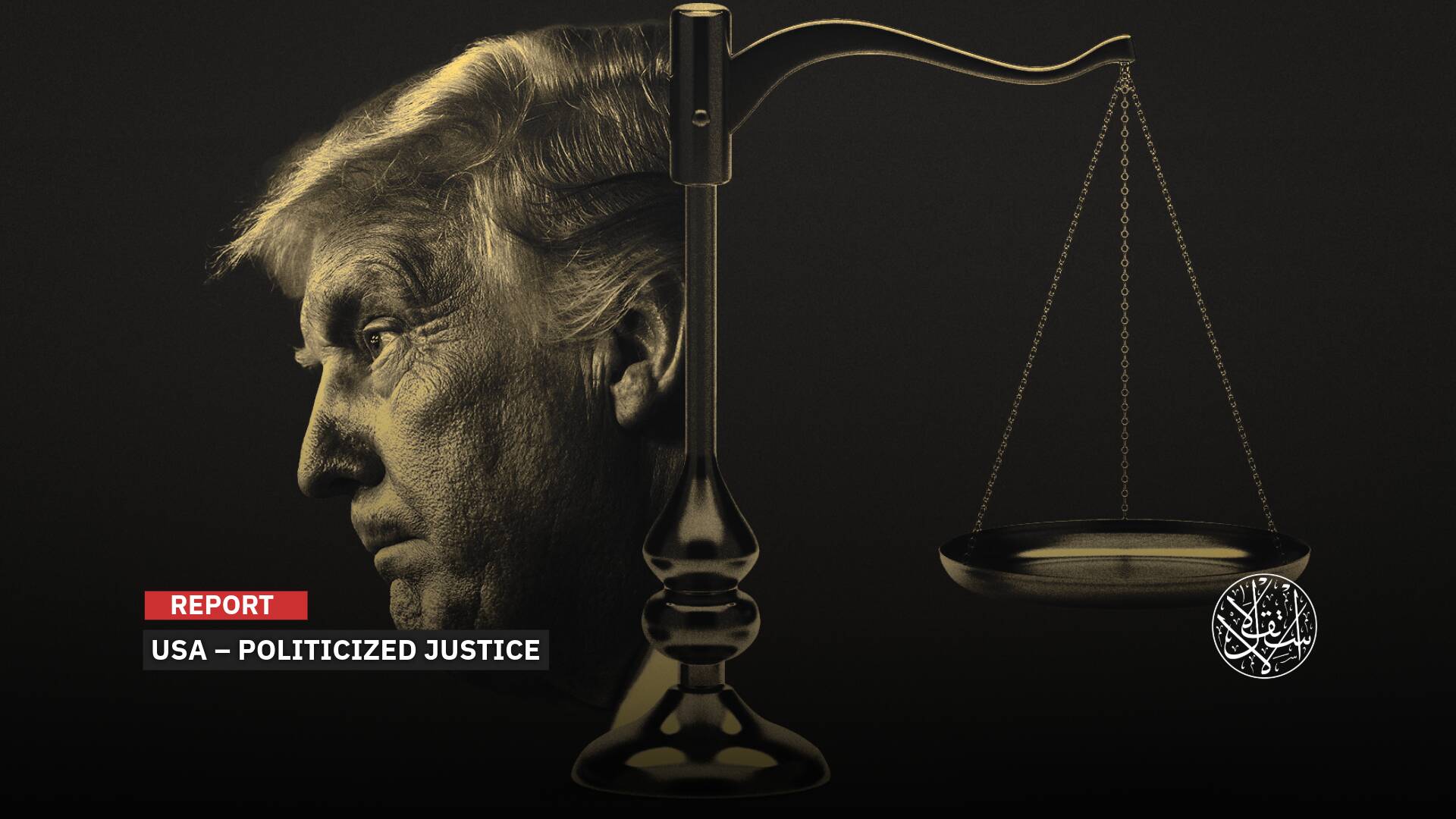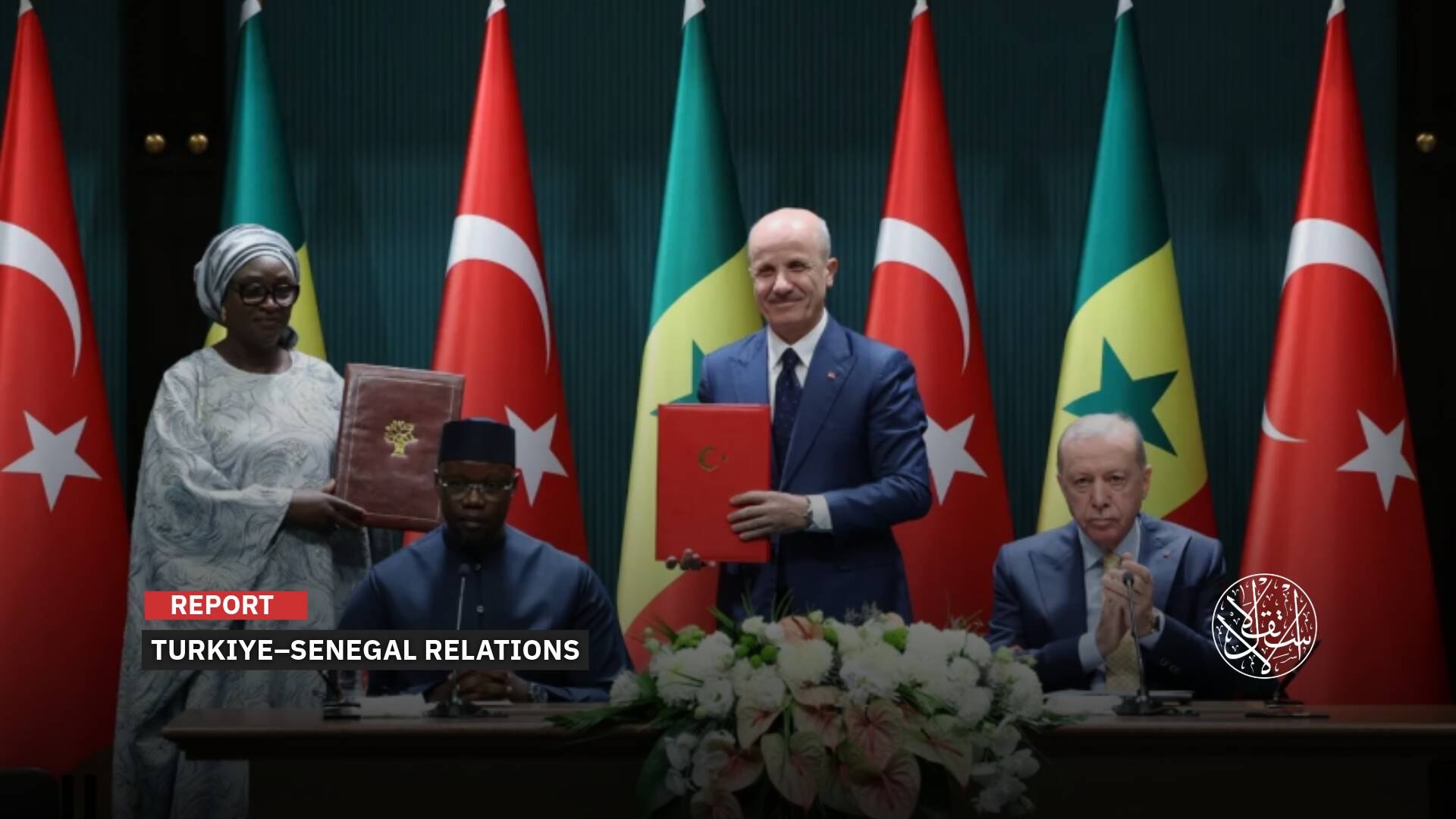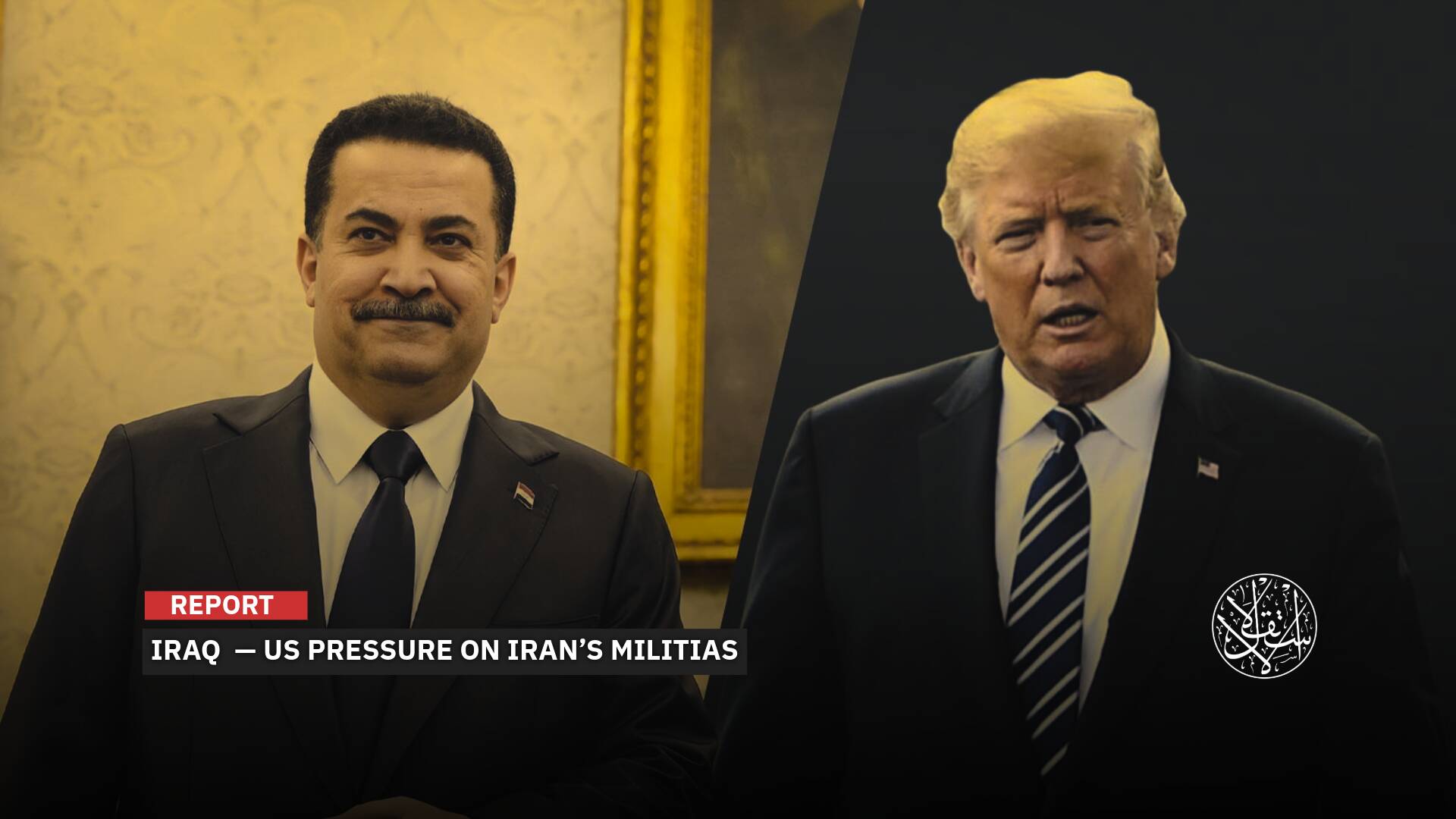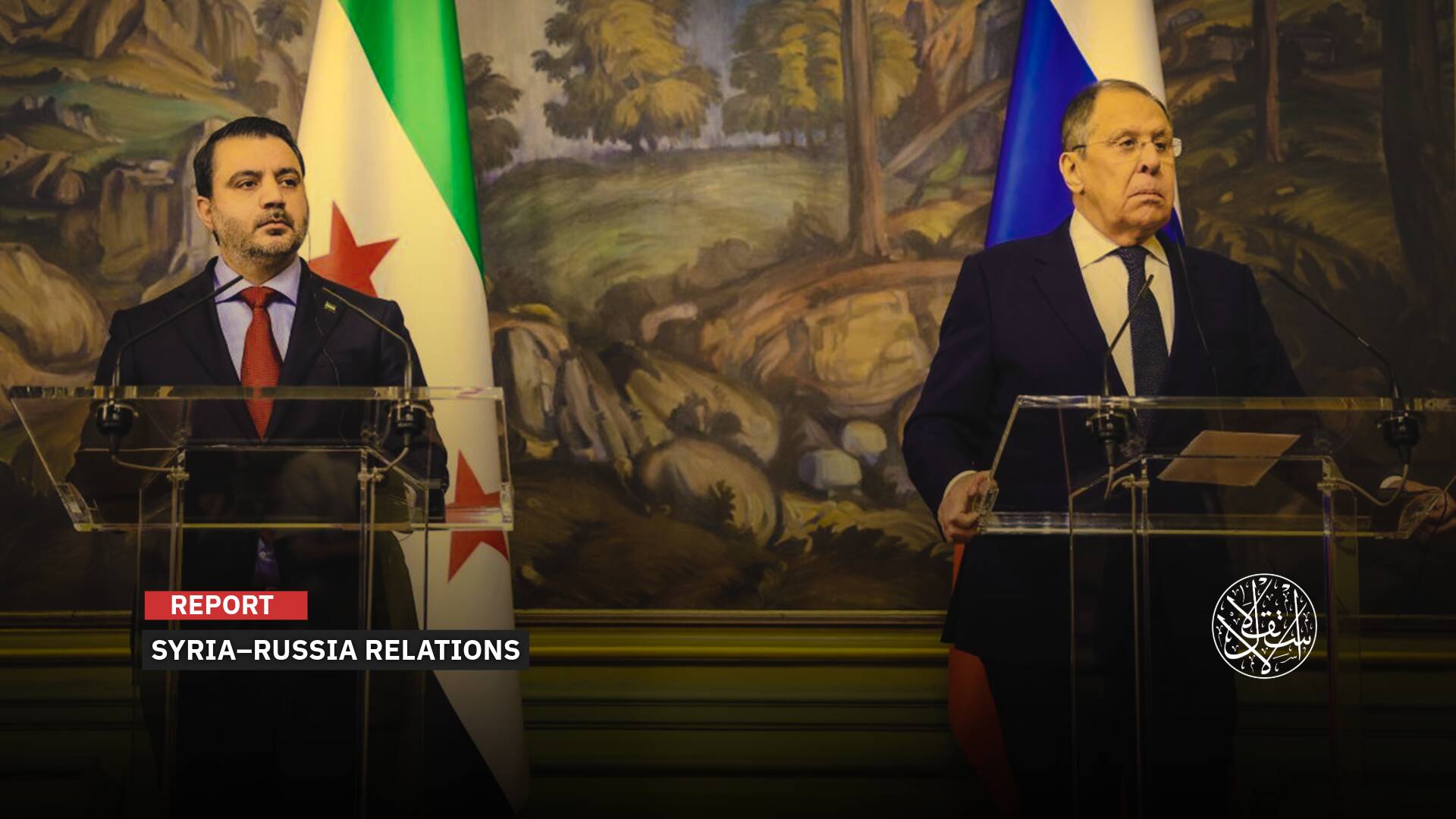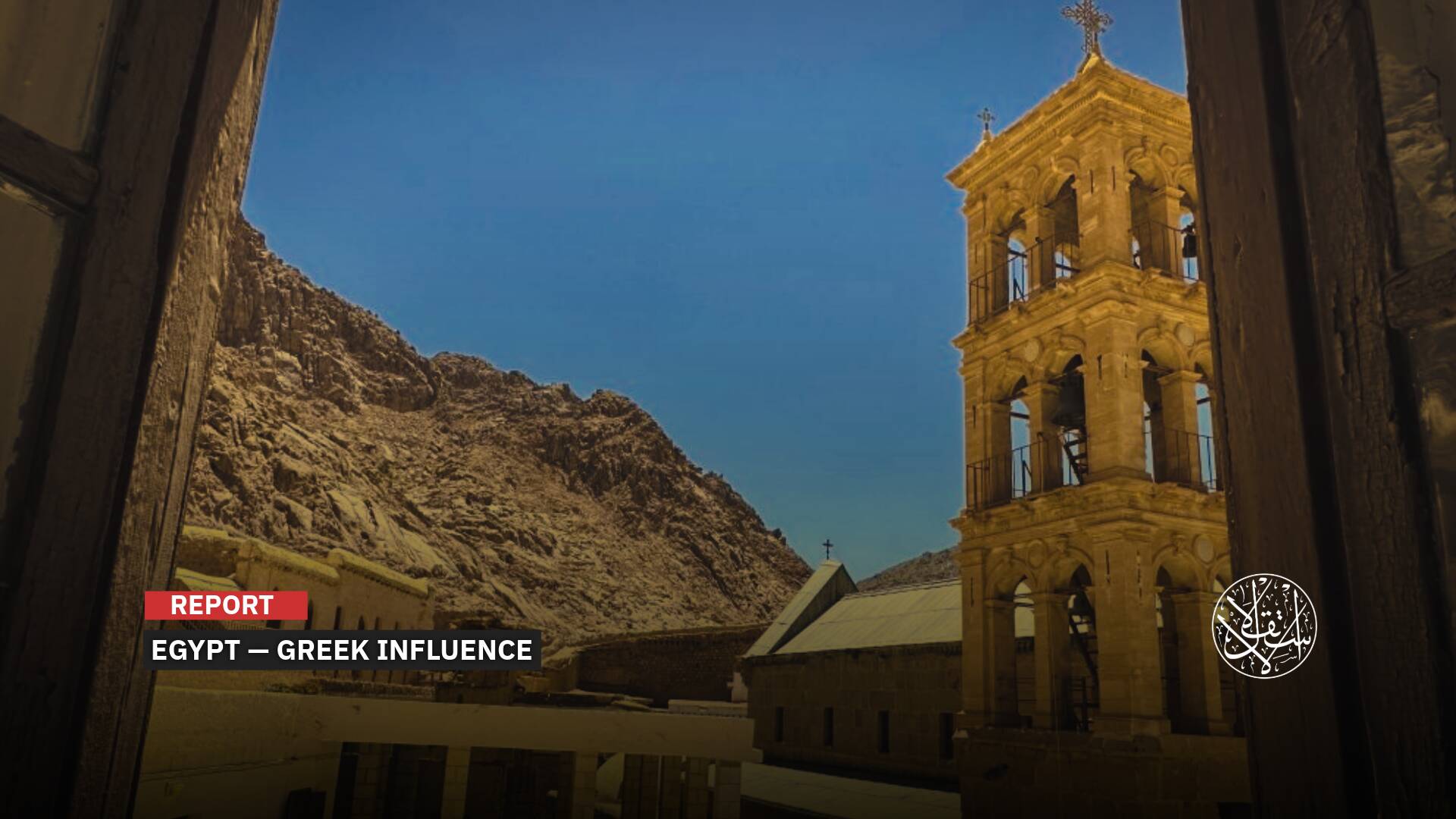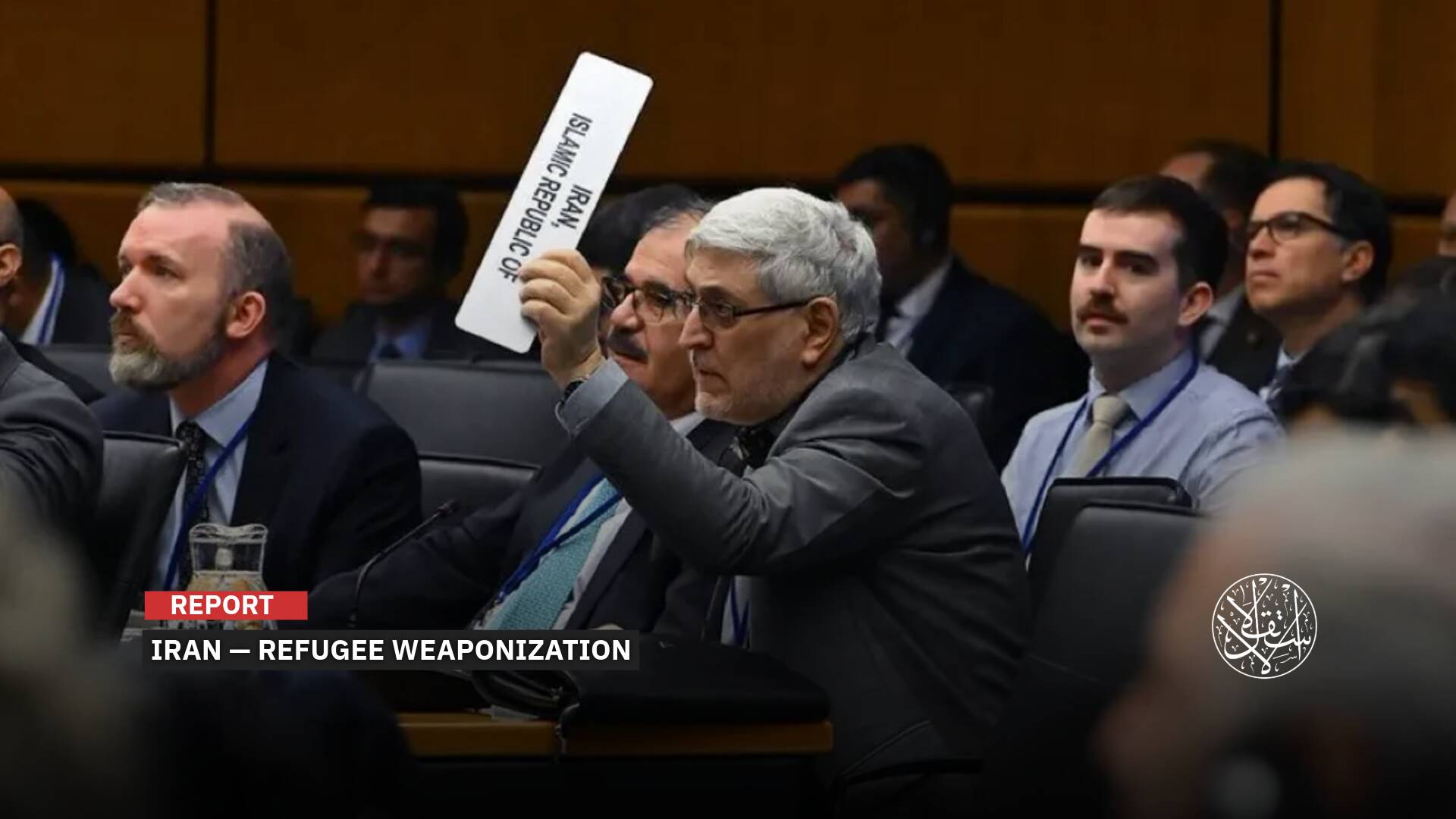Before the European Elections: Why Has the Popularity of the ‘Alternative for Germany’ Party Declined?

“The Alternative for Germany party is moving from one provocation to another.”
A severe blow hit the far-right Alternative for Germany party, as its popularity declined ahead of the European Parliament elections scheduled for June 2024 after controversial actions.
The Alternative for Germany (AfD) party, which has become the second most popular party in Germany, aims to achieve new political gains in its project to challenge the Social Democratic Party under Chancellor Olaf Scholz's leadership.
This confidence came after most voters shifted from the Social Democratic Party to the Alternative for Germany during the recent German legislative elections in 2021.
These results gave the Alternative for Germany party a strong push to secure a seat in the European Parliament during the elections scheduled from June 6 to 9, 2024, bolstering its internal prospects.
Outcast Party
However, the Alternative for Germany (AfD) party was expelled on May 23, 2024, from its European group Identity and Democracy in the European Parliament after a series of scandals that damaged its popularity and made it an outcast.
Long-standing tensions between far-right European parties reached a boiling point in mid-May 2024 when the lead candidate for the Alternative for Germany party in the European elections, Maximilian Krahe, told an Italian newspaper that members of the Nazi special forces are not necessarily criminals.
Following those remarks, Marine Le Pen, the far-right leader in France, whose party National Rally belonged to the same political group as the Alternative for Germany party, said she no longer wanted to sit with the party.

The leadership of the Identity and Democracy Group voted to expel the Alternative for Germany party before millions of people headed to the polls to vote in the European elections.
Le Pen said on French television after the vote, "The Alternative for Germany party is moving from one provocation to another," adding that the party "clearly falls under the control of extremist groups."
The major scandal came when an investigative report in January 2024 revealed that politicians from the German party participated in a secret meeting of far-right extremists in Potsdam in November 2023, where plans for "remigration" of foreigners and "non-integrated" citizens were discussed.
After news of the meeting spread, Le Pen said she was "in total disagreement" with the deportation plans.
Germany witnessed a wave of protests for more than a week after the investigative report was published, especially since during this meeting, participants discussed plans to repatriate asylum-seeking migrants and migrants whom they felt were not sufficiently integrated, including those holding German passports.
Following the protests, a poll conducted by the INSA opinion research group for the German newspaper BILD and published on January 23, 2024, showed the largest decline in the popularity of the AfD in two years.
According to the poll, support for the AfD party fell from 23% to 21.5%.
Commenting on the poll results after the protests, German media quoted INSA group's chairman, Hermann Binkert, saying that the protests "showed their impact."
According to data from BILD newspaper, the result of this poll represents "the biggest decline for the Alternative for Germany party in about two years."
A Decisive Setback
However, many of the scandals surrounding the Alternative for Germany party revolved around the lead candidate for the party, Maximilian Krahe.
In April 2024, German police arrested one of Krahe's parliamentary assistants on charges of "spying for China."
Shortly thereafter, German prosecutors began preliminary investigations into allegations that Krahe accepted payments from Russia and China "in exchange for his work as a member of the European Parliament."
Another candidate from the Alternative for Germany party was involved in a scheme to obtain money for influence, including a propaganda outlet supportive of Russia.
Following Russia's invasion of Ukraine in 2022, relations between Moscow and the European Union deteriorated, with the latter imposing sanctions on Russia and supporting Kyiv with arms and money to defend Ukrainian territory.
In May 2024, the European Union officially approved the use of frozen profits from the Russian central bank's assets to arm Ukraine.
The European Union has frozen around 200 billion euros of Russian central bank assets, seized by the bloc as part of sanctions against Moscow for its attack on its neighbor Ukraine.
In the face of this, the repeated scandals contributed to the declining popularity of the Alternative for Germany party.

Krahe announced on May 22, 2024, that he would suspend his election campaign and step down from his party leadership council. However, despite many leaders within the Alternative for Germany (AfD) party currently viewing Krahe as an obstacle, it is too late to remove him from the ballot as the party's lead candidate.
Members of the European Parliament from the AfD party, Kristin Anderson and Gunnar Beck, stated that their party in the European Parliament is paying the price for Krahe's uncontrollable statements, which damage the party in Germany and isolate it in the European Union.
Observers believe that after this setback, the AfD will not be able to rearrange electoral matters with German voters after such a series of scandals, especially since a German court ruled on May 13, 2024, that there is official suspicion that the Alternative for Germany party is an “extremist party.”
This move, supporting the lower court's ruling that the party appealed, means that intelligence agencies can continue monitoring the activities and communications of the Alternative for Germany party.
Popularity Plunge
The Alternative for Germany party was founded in 2013 as a Eurosceptic group as opposed to the European Union's refugee rescue operations in southern Europe.
Its founders, skeptical of Europe's direction, were determined to emerge as an alternative to the Christian Democratic Union of Germany led by Angela Merkel, including figures like Bjorn Hocke, the party's leader in Thuringia, eastern Germany.
These figures managed to impose their anti-immigrant views, even showing some nostalgia for the “Nazi past.”
With the increase in the number of refugees after 2015 in Germany, where there are about a million Syrian refugees alone currently in the country, the AfD turned into “a sharply anti-immigrant and more extreme force.”
Today, influential blocs within the Alternative for Germany party embrace nationalist and racial beliefs that label anyone with an immigrant background as “not truly German” — even if they hold German citizenship.
This point raises concerns among observers about the country's future, where refugees now contribute to many sectors of the economy.

Due to Germany's experience with dictatorship and repression in the twentieth century, there are significant legal obstacles to state monitoring of any political party.
However, the court in Munster ruled that there is reason to believe that a large part, if not all, of the AfD party aims to grant German citizens of migrant backgrounds only a reduced legal status.”
In other words, the court suspects that large parts of the AfD party intend to create a two-tiered society, where individuals deemed “ethnically German” enjoy more rights than those whose families originally came from abroad, which, according to the German constitution, “would be an illegal discrimination.”
Therefore, the court's ruling dealt a blow to the AfD party and is considered a “victory” by the current government.
Interior Minister Nancy Faeser said, “The ruling of the Munster court shows that we have a democracy worth defending.
“This demonstrates that the German state has the necessary tools to protect democracy from internal threats,” she added.
As the AfD party occupies the top position in opinion polls in some German regions, it seeks, in the short term, to enter into a regional governing coalition and, in the long term, aims to enter the national government.
Thus, the upcoming regional elections in three large eastern German states scheduled for September 2024 are of great importance to the AfD party to gauge its ability through the results to form future coalitions.
In this context, Mathieu Gallard, director of studies at Ipsos Institute specializing in political studies and opinion polls in Paris, told Agence France-Presse on May 25, 2024, “It is impossible for the Alternative for Germany party to come to power in 2025 even if it achieves good results because it will not have allies to form a coalition.”
Therefore, the cumulative blows suffered by the AfD party are expected to drive away moderate voters and intensify the debate about the possibility of a complete ban on the party.
For years, discussions about banning the party have regularly surfaced, but legally, it would also be difficult and time-consuming and perhaps rejected by the Constitutional Court.
However, with each new scandal involving the AfD, calls from all major parties for an investigation into whether there are sufficient grounds to attempt a complete ban on the party are growing louder.


